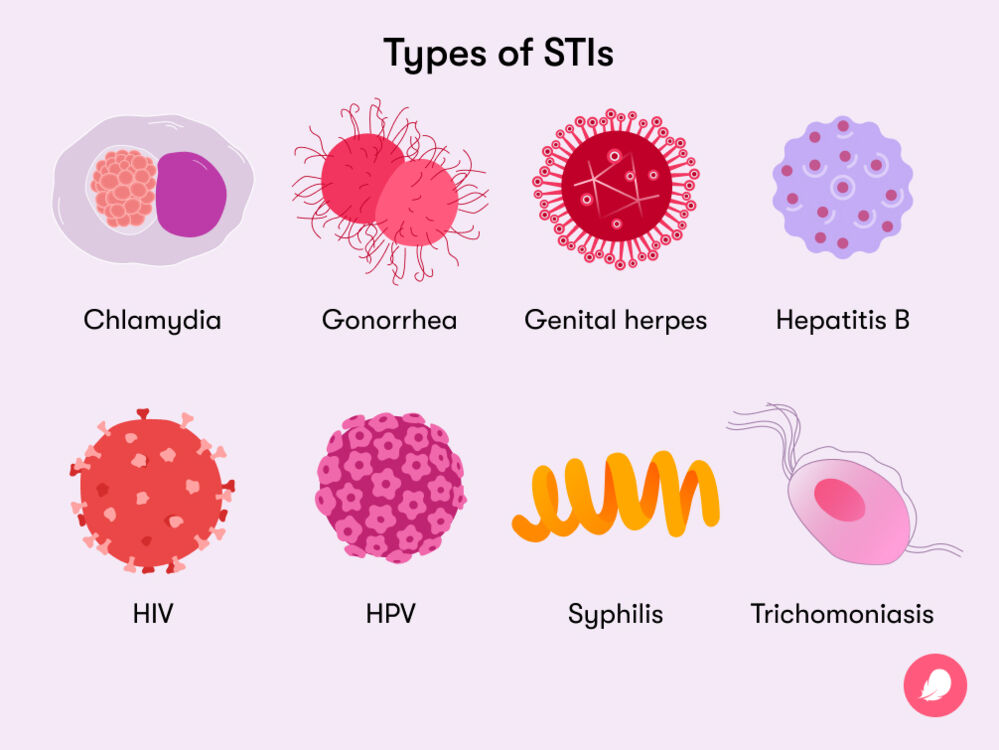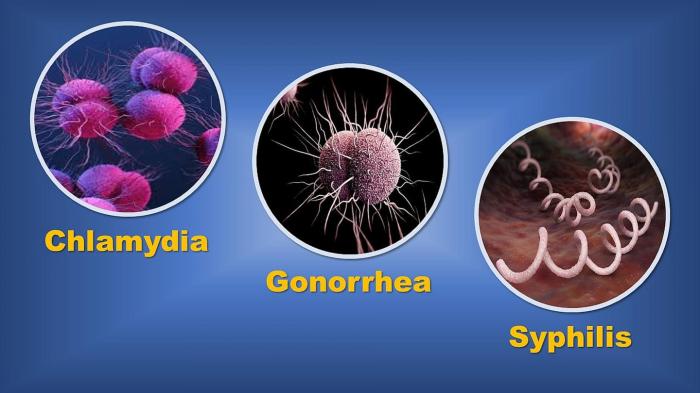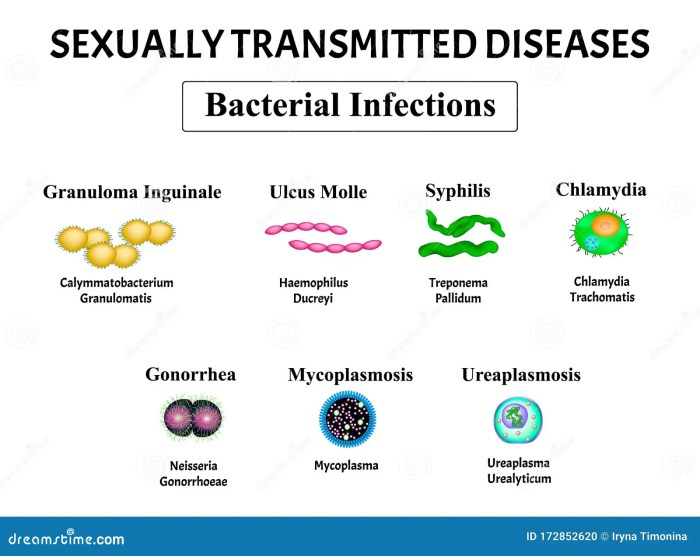Bacterial sexually transmitted diseases include all of the following except – Bacterial sexually transmitted diseases (STDs) include a range of infections that are transmitted through sexual contact. These infections can affect both men and women and can have a significant impact on reproductive health.
The most common bacterial STDs include chlamydia, gonorrhea, and syphilis. These infections are caused by bacteria and can be spread through vaginal, anal, or oral sex. The symptoms of bacterial STDs can vary depending on the type of infection, but they can include discharge, pain, itching, and sores.
Bacterial Sexually Transmitted Diseases (STDs) Overview: Bacterial Sexually Transmitted Diseases Include All Of The Following Except

Bacterial sexually transmitted diseases (STDs) are a group of infections caused by bacteria that can be transmitted through sexual contact. These infections are common and can have serious consequences if left untreated.
The most common bacterial STDs include chlamydia, gonorrhea, and syphilis. These infections can cause a variety of symptoms, including discharge, pain, and sores. If left untreated, they can lead to infertility, ectopic pregnancy, and other serious health problems.
It is important to get tested for STDs if you have any symptoms or have had unprotected sex with a new partner. Early diagnosis and treatment can help to prevent serious complications.
Common Bacterial STDs
- Chlamydiais the most common bacterial STD in the United States. It is caused by the bacterium Chlamydia trachomatis and can infect both men and women.
- Gonorrheais another common bacterial STD that can infect both men and women. It is caused by the bacterium Neisseria gonorrhoeae.
- Syphilisis a serious bacterial STD that can cause a wide range of symptoms, including sores, rash, and fever. If left untreated, it can lead to serious health problems, including blindness, heart disease, and paralysis.
Excluded Bacterial STD

One bacterial STD that is not included in the list of common bacterial STDs is granuloma inguinale.
Granuloma inguinale is a rare bacterial STD that is caused by the bacterium Klebsiella granulomatis. It is primarily found in tropical and subtropical regions.
Granuloma inguinale is excluded from the list of common bacterial STDs because it is not as common as chlamydia, gonorrhea, and syphilis. Additionally, it is not as well-known and is often misdiagnosed as other STDs.
Diagnostic and Treatment Considerations

The diagnosis of bacterial STDs typically involves a physical exam and laboratory tests. Blood tests, urine tests, and swabs of infected areas can be used to detect the presence of bacteria.
The treatment of bacterial STDs typically involves antibiotics. The type of antibiotic used will depend on the specific STD.
It is important to adhere to the treatment regimen prescribed by your doctor. If left untreated, bacterial STDs can lead to serious health problems.
Prevention and Control
The prevention of bacterial STDs involves practicing safer sex, using condoms, and getting vaccinated.
Education and public health campaigns are also important in raising awareness about bacterial STDs and promoting prevention.
Controlling the spread of bacterial STDs can be challenging, but it is possible through a combination of prevention efforts and early diagnosis and treatment.
Question & Answer Hub
What are the symptoms of bacterial STDs?
The symptoms of bacterial STDs can vary depending on the type of infection, but they can include discharge, pain, itching, and sores.
How are bacterial STDs diagnosed?
Bacterial STDs are diagnosed through a physical exam and laboratory tests.
How are bacterial STDs treated?
Bacterial STDs are treated with antibiotics.
What are the complications of bacterial STDs?
Bacterial STDs can lead to a variety of complications, including infertility, ectopic pregnancy, and other reproductive health problems.